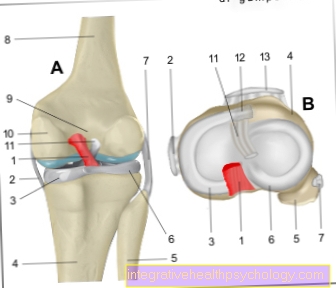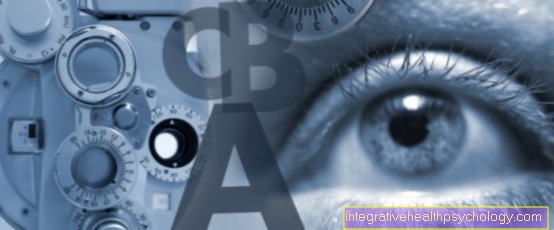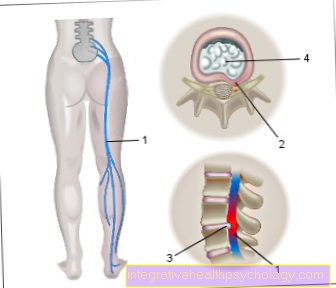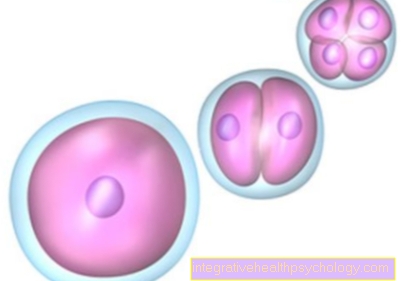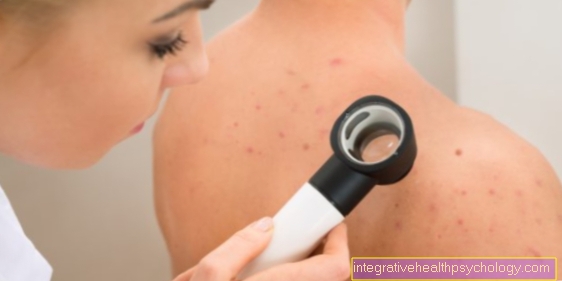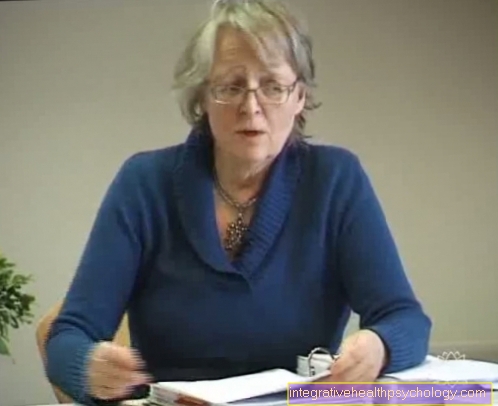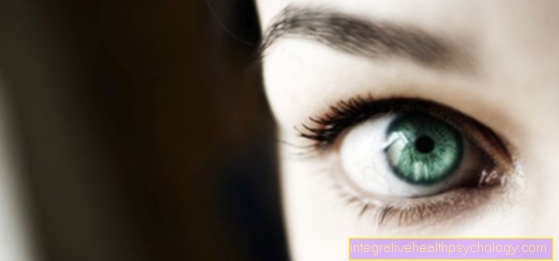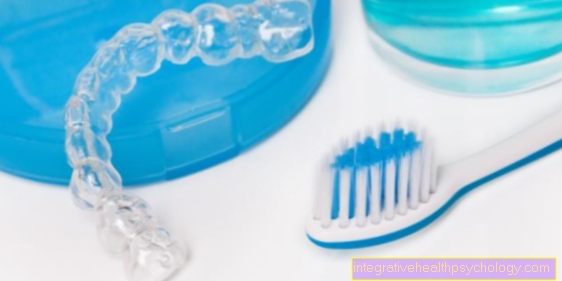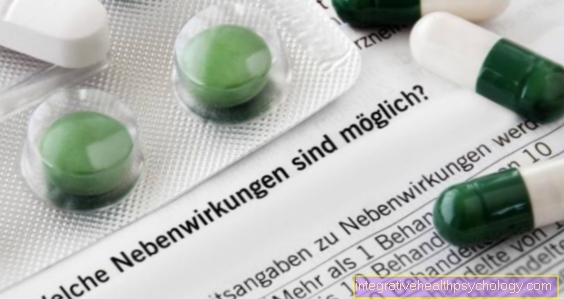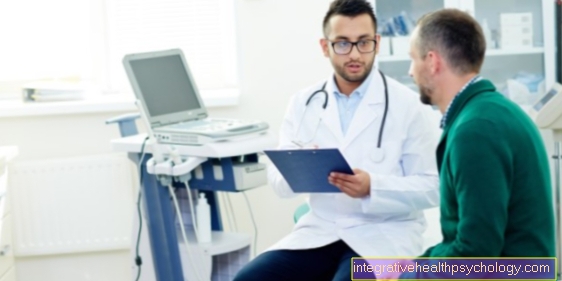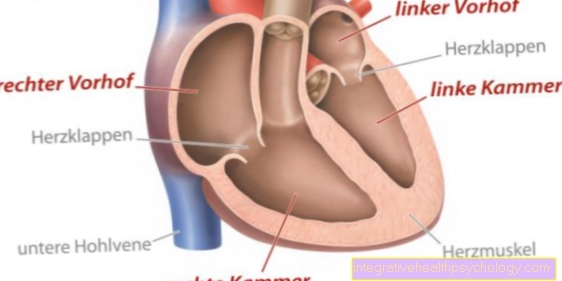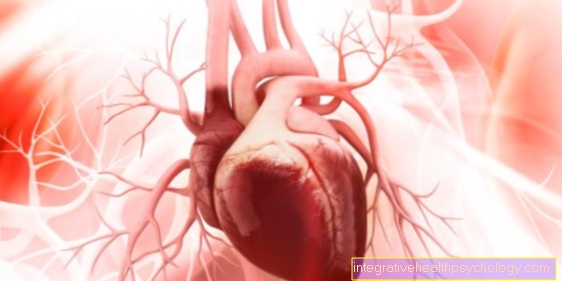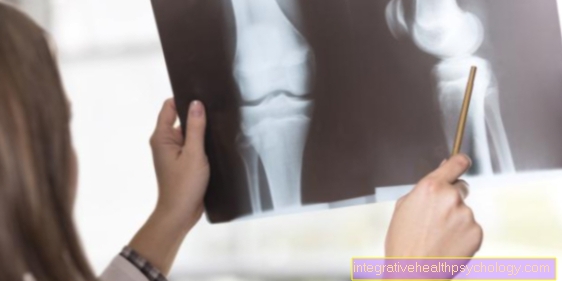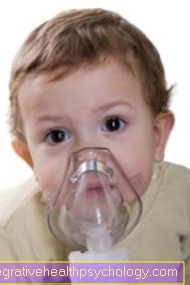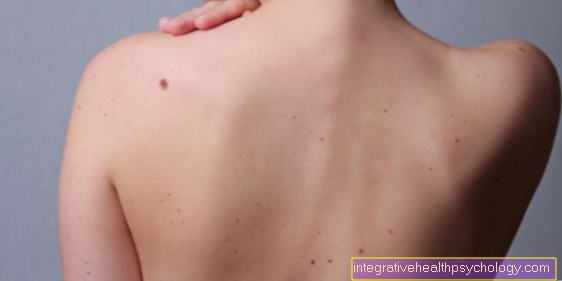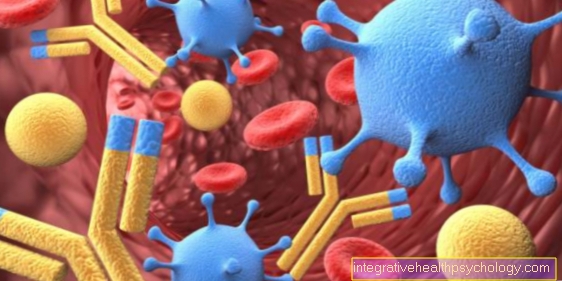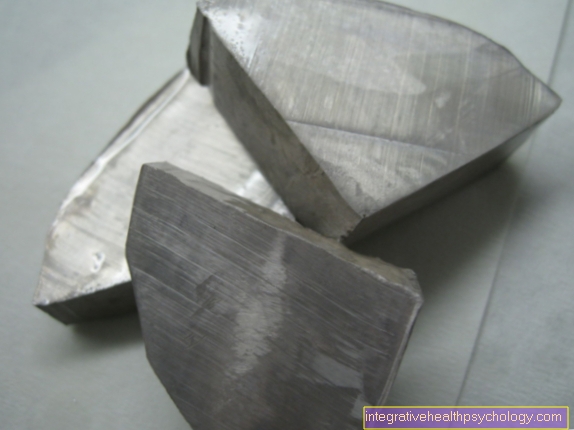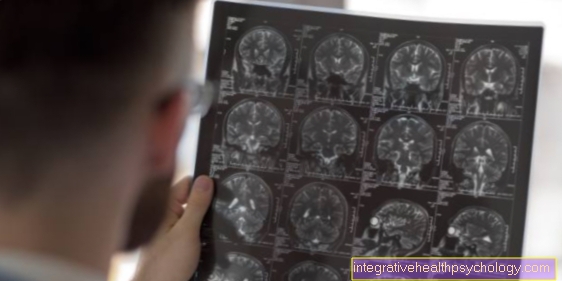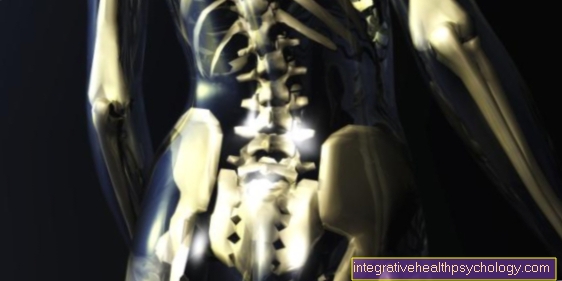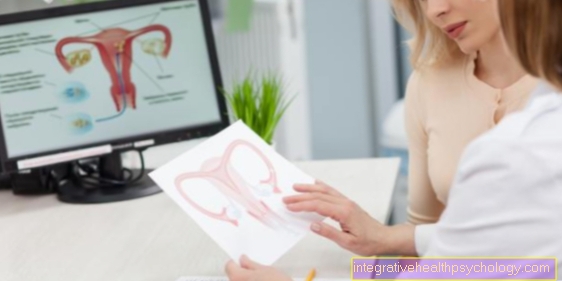Is Breast Cancer Hereditary?
introduction
Breast cancer is a disease that is caused by mutations in genes. However, these are only hereditary if they occur in all cells, i.e. healthy and cancer cells.
In women, breast cancer is only about 5-10% inherited. Spontaneous mutations play a much larger role here. In men, on the other hand, the inherited form is more common, but men are also less likely to get breast cancer.
As a result, breast cancer can be inherited, but the likelihood of a new mutation is much higher.

How likely will I get breast cancer if my mother had breast cancer?
It's not that easy to say. Many different factors come into play here.
- For one, look at the whole family. If more than three women in close relatives (parents, siblings, aunts, uncles, grandparents) have breast cancer, the risk is increased that it is an inheritable form of breast cancer.
- This can also be an indication if there is a woman in the family who develops breast cancer at a very young age.
- Another sign is the high incidence of breast and ovarian cancer in the family.
- It is also an indication of a hereditary event when a man and a woman are diagnosed with breast cancer.
If any of these risk factors are present, a genetic analysis can be performed, which will determine whether one of the possible breast cancer genes is detectable in the family and whether it is present in the patient. Here you should know that only in 25% of families in which one of these criteria is met, a gene can actually be detected as the cause.
In most cases, however, it is only spontaneous mutations that are not inherited. If a gene is present, the risk of developing breast cancer is still not 100%, but depending on the mutated gene, 50-70% (up to the age of 80).
Read more about the topic here: The breast cancer gene.
How is the breast cancer gene inherited?
There are several mutated genes that can be present in breast cancer. The most common are BRCA-1 and BRCA-2 (breast cancer gene 1, breast cancer gene 2).
Both mutations are so-called germline mutations. This means that these mutated genes can be detected in all cells and thus also in the sperm or egg cells, through which they are then inherited. Both mother and father can be carriers of the mutations here.
The inheritance is autosomal dominant, which means that the genes are not transferred via the X / Y chromosomes (sex chromosomes) and a mutated gene pool from the mother or father is sufficient for the mutation to develop.
There are many other genes that have been detected but are very rare.
Most of the mutations in genes are changes in the repair structures of the DNA (the genetic carrier molecule of the genetic information). If a change occurs in structures that are responsible for the repair of the DNA, this can lead to errors in the DNA and thus to further mutations.
For more detailed information, see: BRCA mutation
Do the breast cancer types differ in terms of inheritance?
If the BRCA gene is mutated, women are more likely to develop breast cancer by the age of 80, BRCA-1 is 72% and BRCA-2 is 69%.
With both mutations, the probability of developing ovarian cancer is also 44%.
In men, the chance of breast cancer is 2% with a BRCA-1 mutation and 7% with a BRCA-2 mutation.
Are there prognostic factors by which I can see whether I have inherited breast cancer?
There are several indications that breast cancer could be hereditary in a family. According to the guidelines for breast cancer (breast cancer), these are:
When in the family ...
- at least 3 women have breast cancer
- at least 2 women have developed breast cancer, one of them before the age of 51
- at least one woman has breast cancer and one woman has ovarian cancer
- at least two women have ovarian cancer
- at least one woman has breast cancer and ovarian cancer
- at least one woman aged 35 or younger has breast cancer
- At least one woman aged 50 or younger has bilateral (bilateral) breast cancer
- at least one man has breast cancer and one woman has breast or ovarian cancer
A genetic test can also be done to check for known genes associated with breast cancer.
Read more about the topic here: Prognosis in breast cancer
Why am I affected even though the breast cancer was not inherited?
About 90% of breast cancer patients have not inherited the cancer. They are usually caused by a spontaneous mutation in certain cells from which a tumor can develop. Usually one or more mutations cause abnormal cell division. This means that the cells divide more often than they should and the old cells no longer die. This creates a tumor.
If this now displaces other tissue through its growth and grows into them, one speaks of an invasive growth and a malignant tumor disease. This is how breast cancer develops, for example.
This article might also interest you:
- Breast cancer risk
- Causes of Breast Cancer

